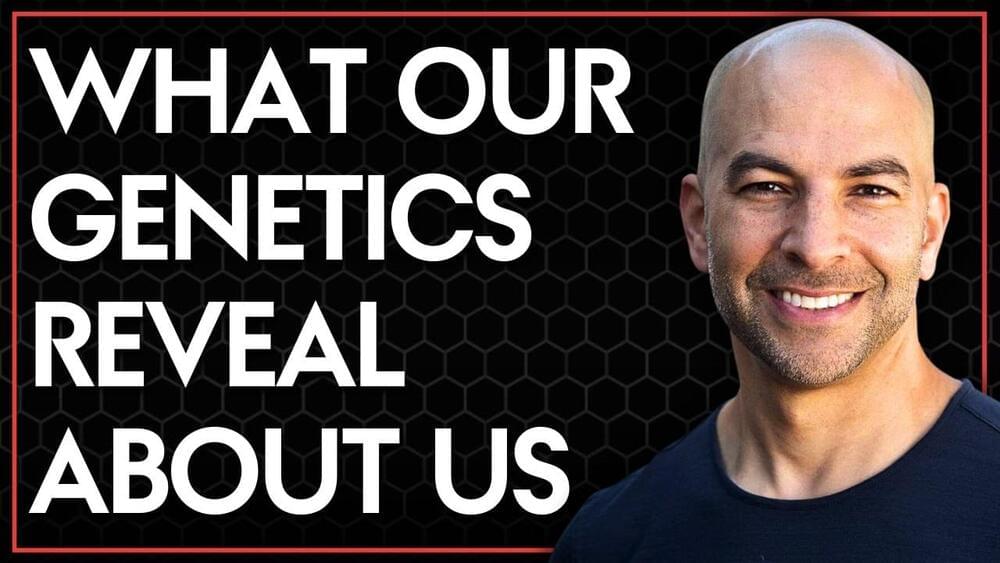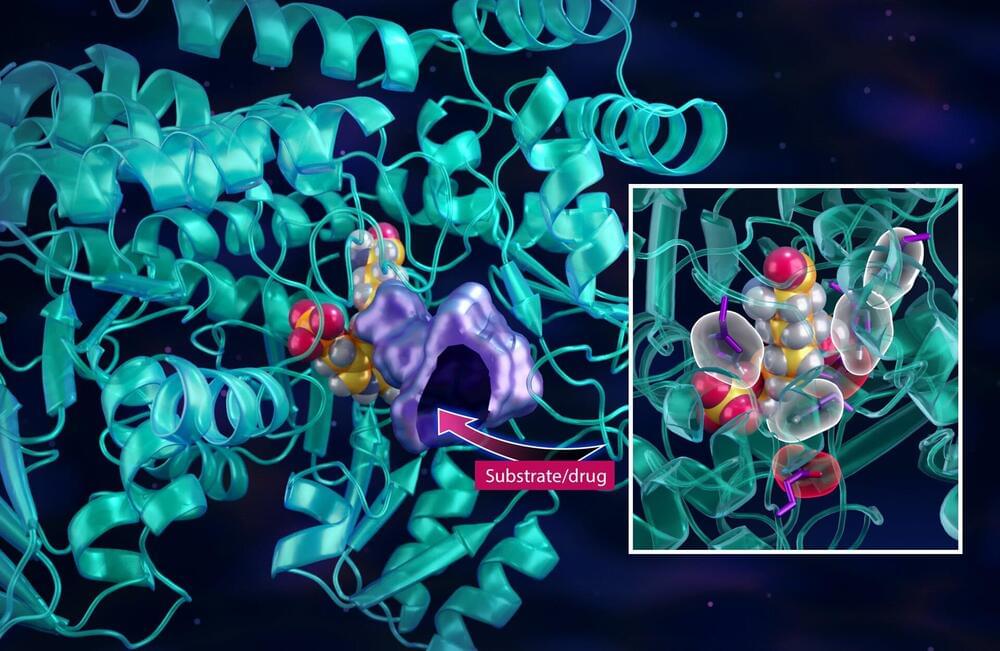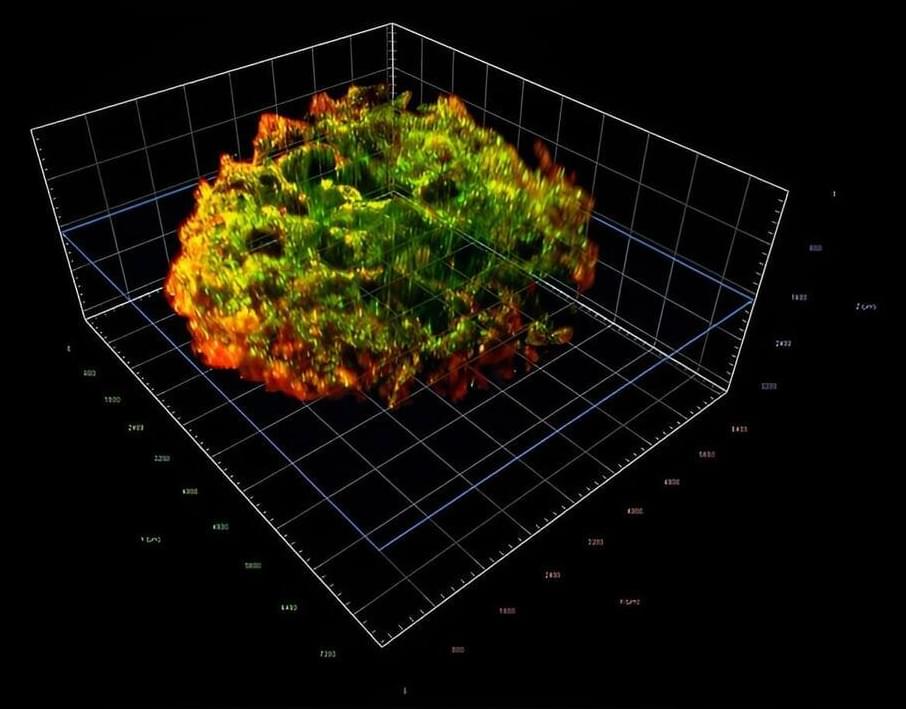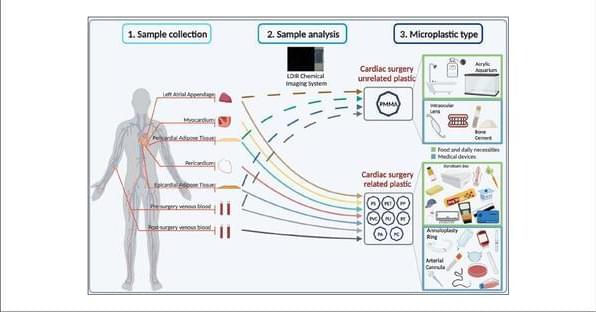Aug 15, 2023
Genetics: how they impact disease risk, what you can do about it, testing & more [AMA 50 sneak peek]
Posted by Dan Breeden in categories: biotech/medical, chemistry, finance, genetics, life extension, neuroscience
Watch the full episode and view show notes here: https://bit.ly/3Oo9mE5
Become a member to receive exclusive content: https://peterattiamd.com/subscribe/
Sign up to receive Peter’s email newsletter: https://peterattiamd.com/newsletter/
In this “Ask Me Anything” (AMA) episode, Peter delves into the realm of genetics, unraveling its connection to disease and emphasizing the value of understanding one’s genetic risks. He elucidates essential background knowledge on genetics before delving into the myriad reasons why individuals might consider genetic testing. Peter differentiates scenarios where genetic testing provides genuine insights from those where it may not be as useful. From there, Peter explores a comprehensive comparison of commercial direct-to-consumer genetic tests, providing insights on interpreting results and identifying the standout options for gaining insights into personal health.

















